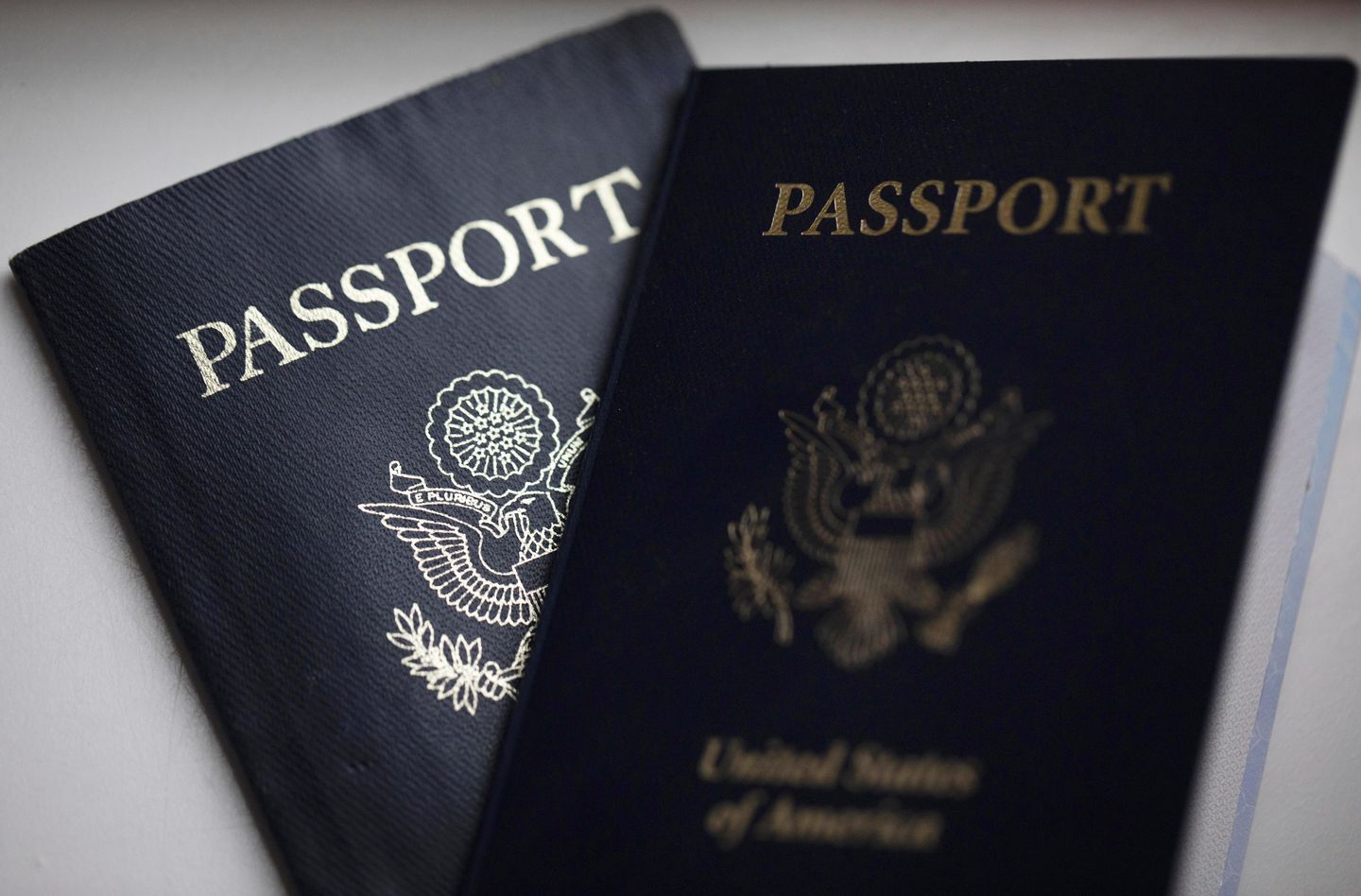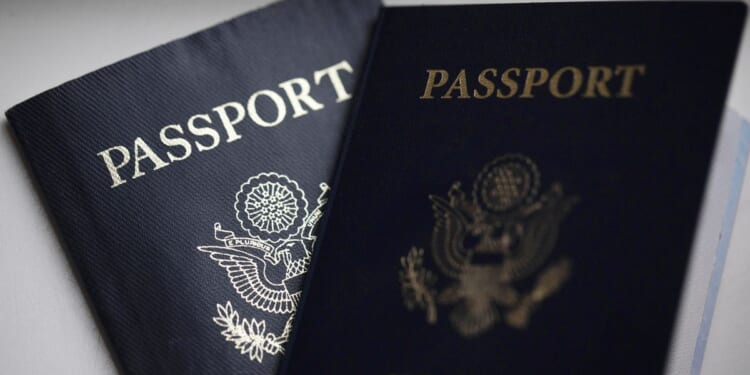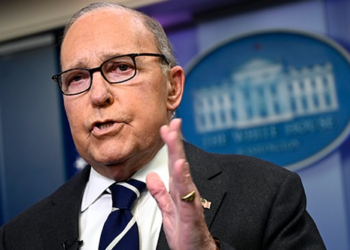
The Supreme Court told President Trump he can move forward with a policy requiring U.S. passports to record a person’s biological sex and doing away with gender-neutral markers, saying Thursday that he was acting under his foreign policy powers.
The ruling allows Mr. Trump to enforce the policy while legal challenges play out in lower courts, though the justices made clear what the end result will be if the case ever reaches them in full.
“Displaying passport holders’ sex at birth no more offends equal protection principles than displaying their country of birth — in both cases, the government is merely attesting to a historical fact without subjecting anyone to differential treatment,” the court said in an unsigned opinion.
The court’s three Democratic appointees dissented, with Justice Ketanji Brown Jackson saying her GOP colleagues were prematurely rushing to aid Mr. Trump.
She said they should have waited until the case came to them more squarely before issuing such a sweeping statement. She called the ruling a “painful perversion” of the justices’ role.
Justice Jackson, a Biden appointee, wondered why, given what the majority said, sex markers were required at all on passports.
But she said that because sex is listed, transgender individuals have a reason to want their passports to reflect their identity.
“Airport checkpoints are stressful and invasive for travelers under typical circumstances — even without the added friction of being forced to present government-issued identification documents that do not reflect one’s identity,” she wrote.
The majority’s explanation of its ruling was noteworthy. The high court has faced criticism, including from some lower federal judges, for not explaining its thinking in many of the Trump cases that have sped to the court this year on its interim docket.
The majority said flatly that the administration in this case was likely to prevail on the merits of the issue.
Transgender-friendly passports have emerged as a proxy for broader policy battles, and the high court’s decision drew fire from LGBTQ rights groups.
“This is a heartbreaking setback for the freedom of all people to be themselves, and fuel on the fire the Trump administration is stoking against transgender people and their constitutional rights,” said Jon Davidson, senior counsel at the American Civil Liberties Union.
He said having passports that don’t conform to one’s gender identity put transgender holders at risk of violence.
President Biden created gender-identity-friendly passports, letting Americans select M or F or even X as they chose.
Mr. Trump issued an executive order revoking that. Passports now must “accurately reflect the holder’s sex.”
Mr. Trump issued an executive order revoking that and returning to the previous situation for passports to “accurately reflect the holder’s sex.”
Mr. Trump said that it was safer and more secure than relying on a “subjective sense of self.”
U.S. District Judge Julia Kobick, a Biden appointee to the court in Massachusetts, had issued an injunction erasing Mr. Trump’s policy nationwide.
She ruled that the restriction amounted to unlawful discrimination on the basis of sex, citing a 2020 Supreme Court case that found employment discrimination against transgender people illegal.
“The Passport Policy does indeed impose a special disadvantage on the plaintiffs due to their sex, and the court therefore concludes that it discriminates on the basis of sex,” she wrote.
The First U.S. Circuit Court of Appeals backed Judge Kobick’s ruling.
Justice Jackson, in her dissent Thursday, said dating back to 1992, transgender people had been allowed to use their current sexual identity if they submitted evidence of surgical reassignment.
The Obama administration broadened that to include those who’d undergone any clinical treatment.
She said the goal of a passport is to reflect “the bearer’s gender identity today.”










